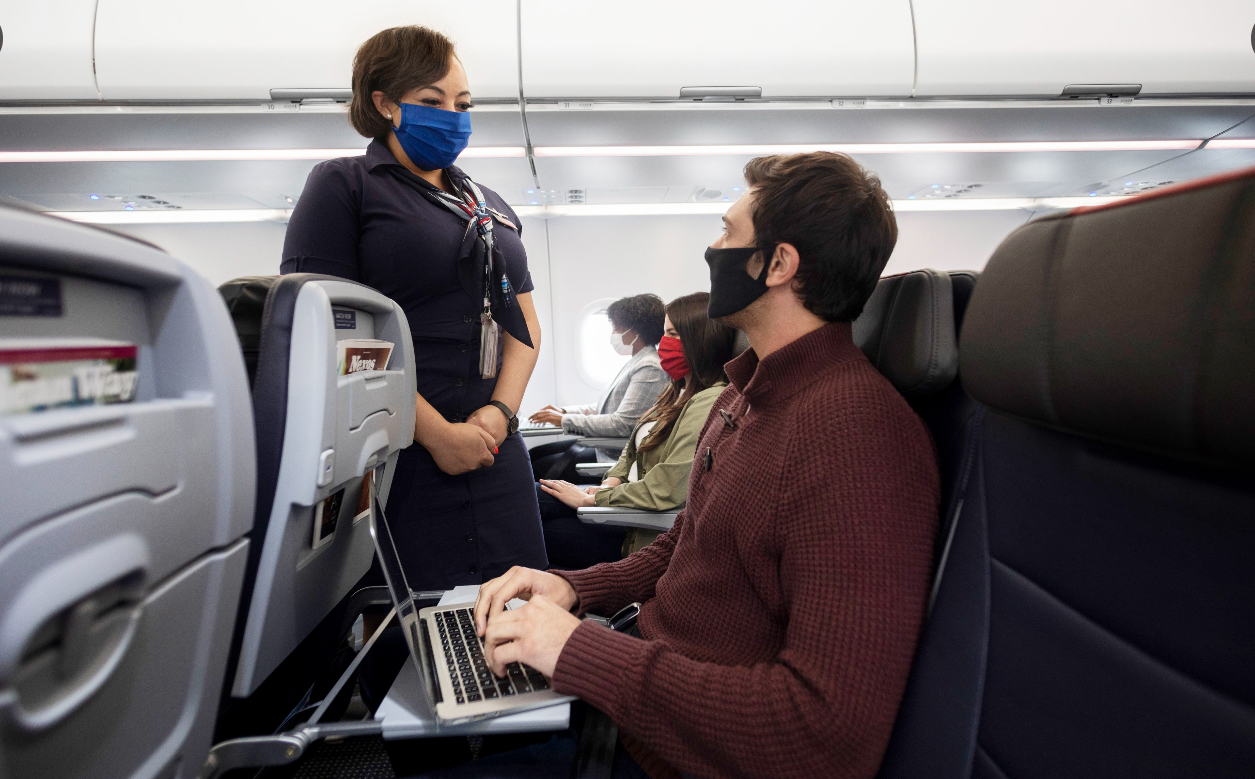Four U.S., European Airlines Urge Transatlantic Reopening, COVID-19 Testing

FRANKFURT–American Airlines, International Airlines Group (IAG), Lufthansa and United Airlines are urging the EU and the U.S. government to introduce a common COVID-19 testing program that would allow airlines to restore a more substantial transatlantic network.
The four companies wrote a joint letter to U.S. Vice-President Mike Pence and European Commissioner for Home Affairs Ylva Johansson July 21. “Nobody will benefit from a prolonged closure of this most indispensable corridor for global aviation,” they stressed.
Neither Delta Air Lines and Air France-KLM nor other affected airlines on either side of the Atlantic took part in the initiative.
“Given the unquestioned importance of transatlantic air travel to the global economy as well as to the economic recovery of our businesses, we believe it is critical to find a way to re-open air services between the U.S. and Europe,” CEOs Scott Kirby (United), Doug Parker (American), Carsten Spohr (Lufthansa) and Willie Walsh (IAG) stated in the letter. “In addition to all the significant and unprecedented actions that governments and airlines are taking to prevent the spread of the COVID-19 virus, a coordinated COVID-19 testing program could be key to providing confidence to permit services to resume without quarantine requirements or other entry restrictions.”
Some European airports and airlines have begun offering COVID-19 testing, but they are still limited in terms of hourly capacity and, in some cases, test results are only made available after several hours. IATA said if governments chose to introduce tests, these would have to “deliver results fast, be able to be conducted at scale and operate to very high rates of accuracy.” IATA stressed that passengers should not be charged for mandatory tests. Also, the global airline trade body said June 30 it believes “testing for COVID-19 is not a necessary condition for reopening borders and/or resuming air service operations.”
While U.S. airlines have increased domestic capacity, they are still offering only a skeleton long-haul network. Likewise, European carriers have started rebuilding their intra-European network first, but most want to add back long-haul and transatlantic capacity beginning in September. The big European legacy airline groups are also dependent on long-haul connecting passengers as they add short-haul capacity. Transatlantic flying is typically the most profitable business for many of them during normal times.
When the EU recommended lifting restrictions for travelers from 14 non-European countries to its member states on July 1, the U.S. was not on the list, given the high number of new COVID-19 infections. The U.S. also has a travel ban for Europeans in place that includes very few exceptions. During the first biweekly review of the list on July 16 the U.S. was still not added and Montenegro and Serbia were removed, therefore the ban will remain in place until at least the end of July. The EU has said it will only open up for countries that have similar or lower infection rates than the EU member states themselves. Intra-EU restrictions were abandoned earlier.
The CEOs wrote that “a coordinated COVID-19 testing program could be key to providing confidence to permit services to resume without quarantine requirements or other entry restrictions. COVID-19 testing is becoming more and more common throughout the world as a tool to avoid these other more intrusive measures.”
The four executives “recognize that testing presents a number of challenges, however we believe that a pilot testing program for the transatlantic market could be an excellent opportunity for government and industry to work together and find ways to overcome obstacles and explore all solutions to protect health, build confidence, and safely restore passenger travel between the U.S. and Europe.”





